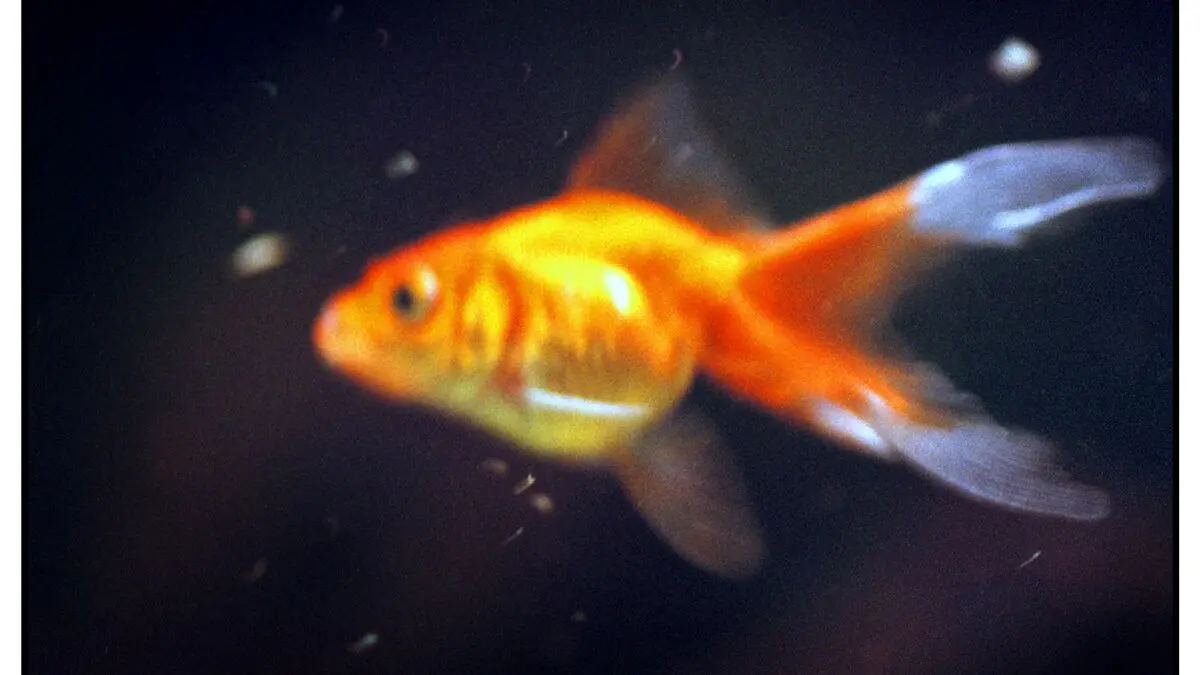The planet in question is called K2-18b and is located at a distance of 124 light-years from Earth. The signs of life that the first research group – at the University of Cambridge – claimed to have observed were in fact traces of a gas in the planet's atmosphere that on Earth is produced by living organisms.
The gas, dimethyl sulfide, is an organic sulfur compound that comes from algae. The researchers at Cambridge put forward the hypothesis that K2-18b may have an ocean with living organisms that pump out dimethyl sulfide into the planet's atmosphere.
No signs of life
The claim was immediately rejected by other research groups who believed that the evidence was too weak. And now, researchers at the American space agency NASA claim that K2-18b is probably lifeless, writes New York Times.
There are, in any case, no signs of life on the distant celestial body.
In the new study, clearer images of the planet have been obtained through the James Webb space telescope. The researchers note that it is likely that there is water there but no evidence of dimethyl sulfide.
Moreover, they point out, dimethyl sulfide is not a reliable biosignature, i.e. a sign of organic life.
Long journey there
There, most of the hope that was raised by the first study probably burst.
On the other hand, we could hardly have checked if there are signs of life since K2-18b is located at an enormous distance from Earth. With current technology, it would take 2.5 million years to reach it with a spacecraft.






